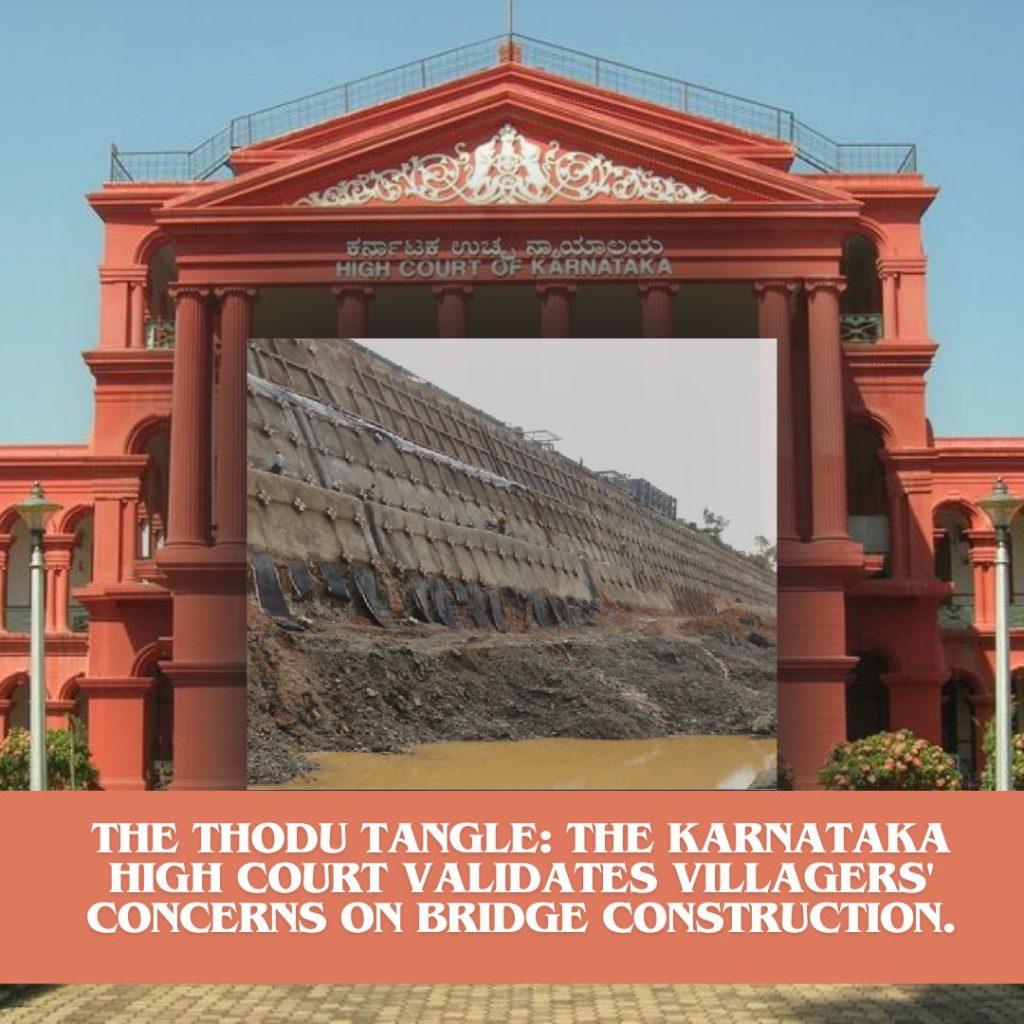The Supreme Showdown: Unravelling the Sevika Saga and Nepotism Clauses.
Date: January 08, 2024.
Court: Supreme Court of India.
Quorum: Hon’ble J. B.R. Gavai, J. Sandeep Mehta.
Background of the Case
The case revolves around the appointment of Anganwadi workers (Sevikas) in the state of Bihar. In October 2012, the District Programme Officer in Katihar published a notice for the selection of Anganwadi workers. Both Anjum Ara (the appellant) and the respondent applied for the position. Anjum Ara scored 80.60 marks, while The respondent scored 48.60 marks. Consequently, Anjum Ara was appointed as an Anganwadi Sevika on July 2, 2013.
Aggrieved by Anjum Ara’s appointment, the respondent filed a representation before the District Programme Officer, seeking cancellation of Anjum Ara’s appointment order and a direction for her own appointment. The District Programme Officer rejected her representation on November 13, 2014. The respondent then appealed to the Appellate Authority (the Court of Joint Commissioner-cum-Secretary, Regional Transport Authority, Purnea), which allowed her appeal on July 30, 2015, setting aside Anjum Ara’s appointment order.
Legal Issues
Whether Clause 4.9 of the Anganwadi Sevika Guidelines, 2011, which imposed restrictions on the appointment of persons whose family members were employed with the State Government or its organizations, is valid and constitutional under Articles 14 (right to equality) and 16 (equality of opportunity in public employment) of the Constitution of India?
Legal Provisions
The case dealt with the interpretation of Clause 4.9 of the 2011 Guidelines and its compliance with Articles 14 (right to equality) and 16 (equality of opportunity in public employment) of the Constitution of India.
Contentions of the Petitioner
Anjum Ara contended that Clause 4.9 of the 2011 Guidelines, which formed the basis for her disqualification, had been found to be in violation of Articles 14 and 16 of the Constitution by the High Court of Judicature at Patna in another case (CWJC No. 13210 of 2014). However, the learned Division Bench of the High Court ignored this fact while dismissing her appeal.
Contentions of the Respondents
The State of Bihar and The respondent asserted that Clause 4.9 of the 2011 Guidelines was a valid restriction to prevent nepotism in public employment. They argued that the High Court’s decision striking down the clause in a separate case was not binding on Anjum Ara since she did not challenge it herself. The respondents emphasized the selection process was a matter of administrative discretion where courts should not interfere unless there is a constitutional violation. They contended that setting aside Anjum Ara’s appointment in favour of the lower scoring The respondent was justified based on principles of merit and fair selection.
Judgment and Analysis
The Supreme Court allowed Anjum Ara’s appeal and set aside the judgments of the learned Single Judge and the Division Bench of the High Court. The Court found that both the learned Single Judge and the Division Bench had erred in dismissing Anjum Ara’s writ petition and appeal.
The Court observed that Clause 4.9 of the 2011 Guidelines had been struck down by the High Court in CWJC No. 13210 of 2014 as violating Articles 14 and 16 of the Constitution. Once the clause was declared invalid, it ceased to exist. Therefore, it was not necessary for Anjum Ara to challenge the validity of the clause separately, as it had already been held invalid by the same High Court.
The Supreme Court held that the reasoning adopted by the learned Division Bench was unsustainable in law. When a provision has been declared unconstitutional and invalid by a court, it cannot be applied to deny someone’s rights, even if the person did not challenge the provision individually.
Conclusion
The Supreme Court allowed Anjum Ara’s appeal, quashed the judgments of the High Court, and directed her reinstatement forthwith. Although she would not be entitled to wages for the period she was out of employment, she would be granted continuity in service for all other purposes.
This judgment reinforces the principle that once a provision or law has been declared unconstitutional by a court, it ceases to have any legal effect, and no person can be denied their rights based on such an invalid provision. The judgment upholds the principles of equality and non-discrimination enshrined in the Constitution and ensures that individuals are not deprived of their rightful employment opportunities based on arbitrary and unconstitutional criteria.
Judgement reviewed by Maria Therese Syriac.
PRIME LEGAL is a full-service law firm that has won a National Award and has more than 20 years of experience in an array of sectors and practice areas. Prime legal fall into a category of best law firm, best lawyer, best family lawyer, best divorce lawyer, best divorce law firm, best criminal lawyer, best criminal law firm, best consumer lawyer, best civil lawyer.





